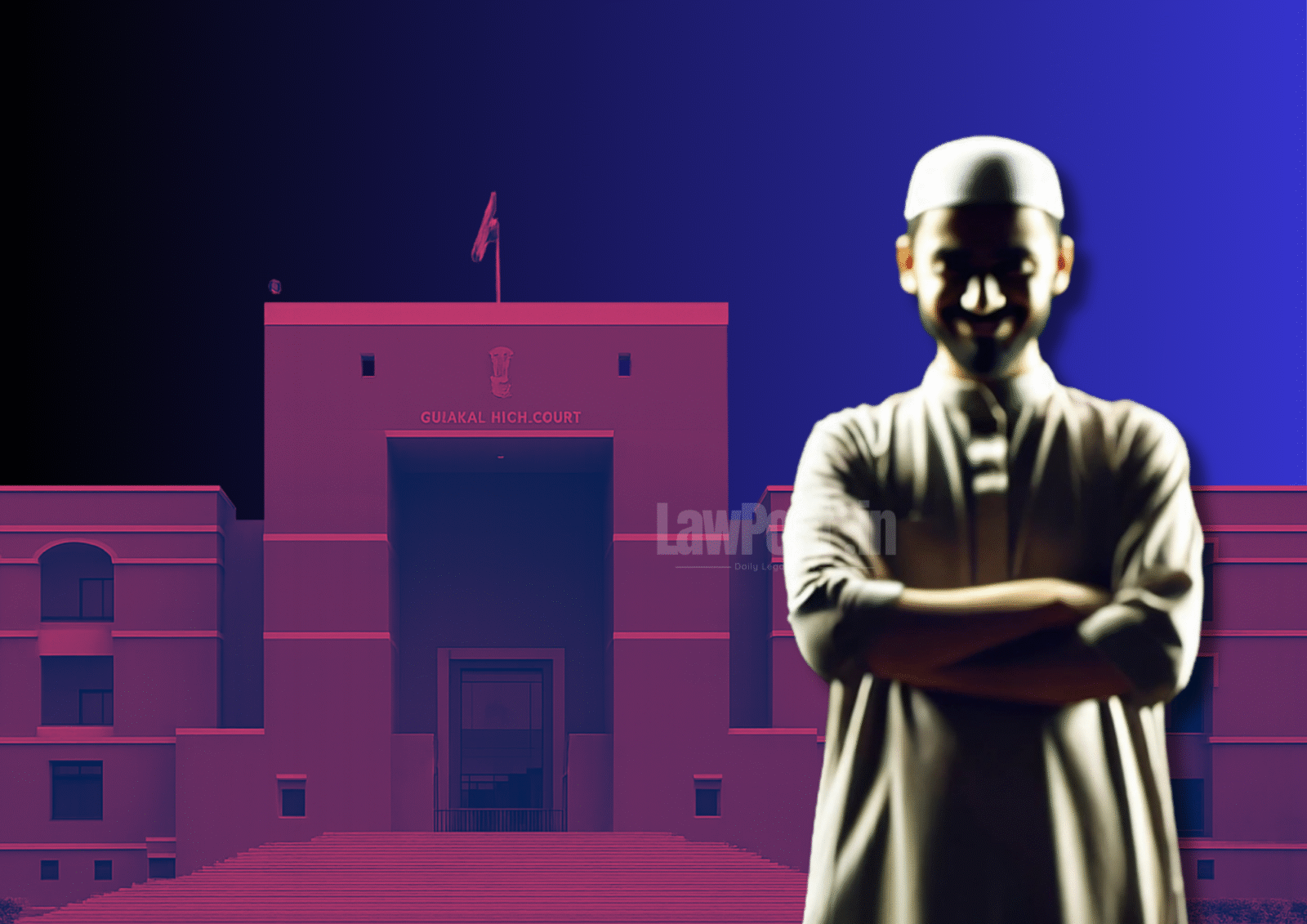The Gujarat High Court has ruled that under Muslim personal law, a marriage can be dissolved through Mubaraat — mutual consent divorce — without the need for a written agreement, reaffirming Quranic and customary practices.
A bench comprising Justices A.Y. Kogje and N.S. Sanjay Gowda set aside a Rajkot family court’s decision that had dismissed a Muslim couple’s plea for divorce on the grounds that it lacked documentary proof of mutual consent.
The couple, facing marital discord, had approached the family court seeking dissolution of marriage through Mubaraat, a process where both husband and wife mutually agree to end the marriage without either party being solely at fault. The family court had rejected the plea citing Section 7 of the Family Courts Act, holding that a written agreement was necessary to prove mutual consent.
The High Court disagreed, relying on Quranic verses and Hadiths to conclude that Mubaraat does not require a written form. Quoting from its judgment, the bench observed:
“A written agreement is not prescribed in the Quran, Hadith, or the customary practice under Muslim personal law for the validity of Mubaraat.”
The court stressed that Mubaraat is “fundamentally about mutual consent” and that the absence of written documentation does not invalidate it if both parties unequivocally agree.
What is Mubaraat?
Mubaraat, which literally means “release from each other,” can be initiated by either spouse and becomes irrevocable once accepted. It differs from talaq, which is typically initiated by the husband and may be revoked. In Mubaraat:
- Either spouse can initiate the proposal.
- The other must accept it.
- Once accepted, it cannot be revoked.
- The wife must observe the iddat period before separation is final.
- No monetary consideration is involved.
Legal Representation:
For the appellants: Advocate Samrat R Upadhyay
For the State: Assistant Government Pleader Urvashi Purohit








